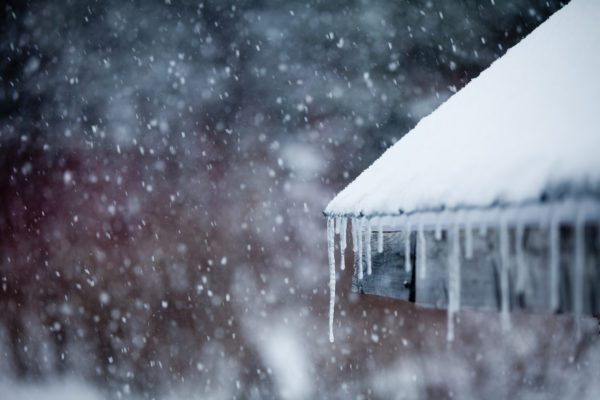Planning for a Warm Winter with a New Furnace
As the cold winds of winter start to bear down on us, we all start to think about heating our homes during the long cold season ahead – or we think about the improvements that we need to make once winter has ended to prepare for the next one.
To see what decision you should make, first, you may want to have someone visit and assess the condition and efficiency of the furnace you have. An outdated furnace can be needlessly expensive – if your furnace was installed before 1992, it’s likely you’re losing 30% of your heating investment immediately! So it’s worth looking at something newer with an improved annual fuel utilization efficiency (AFUE) rating from 80% to 95%. This is how much fuel is converted into heat.
Choosing the Right Furnace for Your Home
For most Mainers, oil, propane, and natural gas are the fuels that are used most commonly in combustion furnaces. All have their benefits, and each has its other considerations. Ultimately it comes down to assessing what option is best for your home. There is no perfect or one-size-fits-all choice when it comes to choosing your best heating method.
Typically if you’re in an older home and need a safe and reliable way to heat your home, an oil furnace is a solid option. Propane furnaces are good choices for people who don’t want to use oil, or who may want to change over to natural gas. If you’re living (or building) in a place that offers natural gas as an option, then a natural gas furnace may be the most sensible option.
We’ve created a list of some of the benefits and drawbacks of oil and gas furnaces and fuel sources. Careful consideration of the best option for your home will keep your costs low and your family warm for years to come.
Oil Furnaces
- Oil is conventional, and the most common fuel for heating and is time-tested.
- Oil is an incredibly safe heating option. Risks of fires or other combustion-related events are exceptionally low.
- Oil furnaces are typically more affordable than those using other fuel sources. If your heating system needs immediate replacement and upfront cost is the primary determining factor in your decision, then an oil furnace may be a good option.
- Oil furnaces are slightly less fuel efficient than other options, as much as 10% lower in their AFUE.
- Oil requires regular deliveries and a storage tank.
- Oil furnaces require additional maintenance, including cleaning and changes of oil filters, as well as chimney attention due to the residue left behind.
Gas Furnaces (Propane or Natural Gas)
- Gas furnaces (both natural gas and propane) are typically more expensive than oil furnaces at the start, however, in the long term, they convert a higher proportion of their fuel supply into heat than oil burners do.
- Propane and natural gas are the cleanest options for combustion-based home heating.
- Furnaces that use propane or natural gas can often be directly vented outside rather than needing a chimney and typically require less maintenance.
- Both propane and natural gas are excellent utilities to have installed in the home as they can also power a gas stove, fireplace, or even some appliances.
- Propane requires tanks that are refilled; natural gas arrives directly 24/7 through an underground.
- Many propane furnaces can be easily converted to liquid natural gas (and vice versa) by a professional.
Cost is complicated – over the long-term, natural gas is often the most cost-effective heating method, but it’s also between 10 and 20% more than conventional oil furnaces, especially if a gas line must be run to a home or if propane must be set up for the first time.
Other Options
Of course, there are many other options which can figure into your heating plan, including geothermal, solar, heating and cooling pumps, and any combinations of these. An energy-efficient home will also make a significant difference and may be a great move forward as you consider your heating options.
Making the Decision
If you are going to consider a new furnace installation, it’s wise to consult a professional to help determine the best heating system for you. There are often also public and private rebates and financing to help with the cost of upgrades – it’s worth exploring your options!
